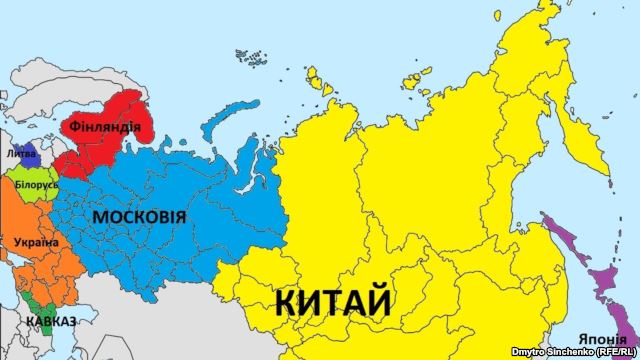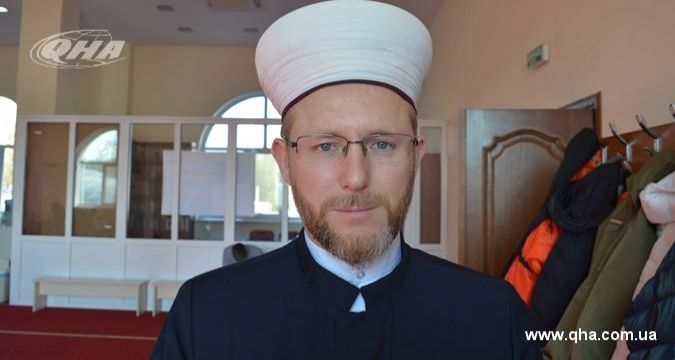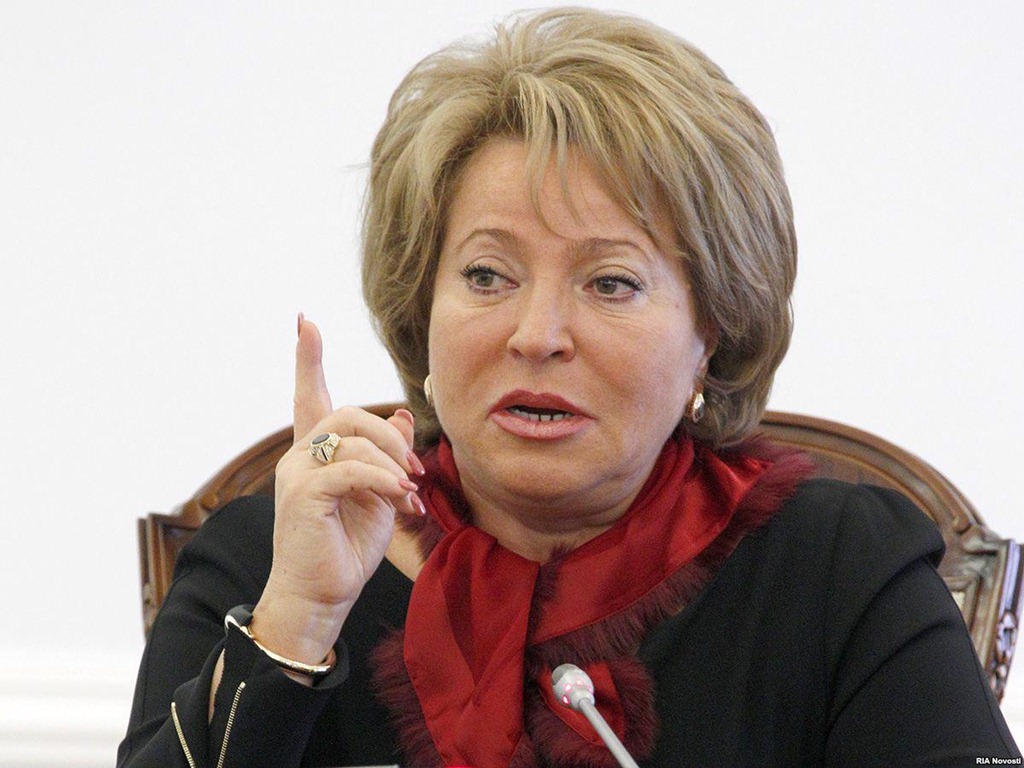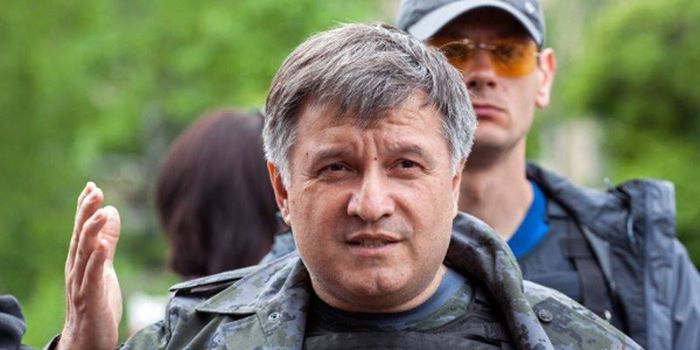Petro Kraliuk
Historical events have the ability to repeat themselves. This possibly happens because the rulers on whom people’s fates depend do not learn from history. Century-old story World War I began in 1914. Back then Russia stood as one of the main players on the military and political arena. A huge state with huge resources – both human and raw material. Which was developing quite intensely in the economic sense. Which had a numerous and relatively well-armed army. Which also had powerful allies, England and France. It would seem that everything pointed to Russia’s victory. At the beginning of the war, the Russian army was successful in its advances. A hurrah-patriotic uplift was seen in the country. Propaganda shouted about the victory of Russian weapons. Even pubescent boys fled from their parents to the front to fight for the “Tzar and the Motherland.” The Russian army made numerous devastating blows to the German and Austrian armies, occupied some ‘enemy’ territories. They even marched in the streets of Lviv. Does this century-old story remind you of the current situation? Russia, which has numerous resources, attacks exhausted Ukraine, which had been disarmed in Yanukovych’s times, a country in which the Russians managed to create both a powerful pro-Russian fifth estate and an agent network of its own. The Russians manage to take away Crimea without nary a fight. Russia is caught up in a wave of hurrah-patriotism: “Crimea is ours.” Almost a hundred years ago the same happened to Russia with Lviv, which was occupied by the Russian army. As this city, just like Halychyna, was part of Russia in the minds of Russians. The fifth estate starts a powerful campaign called “the Russian Spring.” Its activists occupy administrative spaces in some oblasts. It would seem very little is left to make Ukraine kneel, turn into a badly governed confederation under Russia’s protectorate of sorts. Russian propaganda creates the illusion of triumph. The ratings of Tzar-Father Putin grow. However, Russia’s victories both a century ago and today are rather Pyrrhic. Is Russia able to win? In reality, Russians cannot fight well. They only fight well in movies. If we turn to history books, Russia’s real victories are long past – in the 18th century. Back then they managed to conquer the Crimean Khanate, and ruin Rzeczpospolita, and take a big piece of territory from the Ottoman Empire. However, the majority of the Russian Empire elite, including the military one, was made up Germans and Ukrainians, not Russians. Possibly Russia’s last big victory is the Civil War of 1812. After this we cannot speak of significant triumph. Let us take a look at the 19th century. The long-term war in the Caucasus, where victory (if we can call it that) was achieved only thanks to Russia’s significant advantage in number. The shameful defeat in the Crimean War. Now, the 20th century. The defeat in the Russian-Japanese war. Even though Japan is small. And Russia is huge! The detrimental defeat in World War I. De facto defeat in the war against tiny Finland in 1940. Horrible defeat in the beginning of the German-Soviet war in 1941. And if Russia, or, better put, the USSR, became one of the victors in World War II, it only happened because of strong support (both material and military) from Western states. We can also recall the defeat in the war in Afghanistan. And Russia’s defeat in war with small Chechnya! History shows that Russia only wins when it is fighting against a much weaker opponent (for example, the way it recently happened in Georgia). So it fights with number instead of skill. Absolute advantage in terms of the amount of personnel and technology is the first and possibly the most important element of Russia’s military strategy. Russia is scared of fighting with a powerful opponent. It quickly retreats upon meeting powerful resistance even on part of a weaker opponent. This happened in the wars with Japan, Finland, Afghanistan. Another element of the Russian military strategy is hypocrisy, attempts not to follow the rules of the game, which allows them victories for a certain amount of time. Finally, the third element is mass information war aimed towards their own population with the goal of mobilization and the opponent to demoralize them. But let us return to the century-old events. Having come out as a victor in the beginning of World War I, Russia was forced to wage positional war for several years, which it turned out to have been unprepared for. Hurrah-patriotism dissipated. The social situation escalated on a daily basis. Discontent spread among the political elite. The February and then the October revolution exploded in 1917. The once-powerful Russian Empire started crumbling, having fallen into chaos. Will this century-old story repeat itself? For half a year Russia has been fighting Ukraine in a war which de-facto became positional in Donbas. Throughout this time Russia managed to receive sanctions from leading world country, having de-facto become isolated. Even its closes allies have started distancing themselves from it. Plus, “reverse sanctions” Putin is trying to impose on the West only make the situation more difficult. Let us add the fall of oil prices which will land a blow to the Russian economy. Of course, we can think that Western sanctions are “not enough.” Yes, they are not effective at the moment. But they will be within two to three years. Putin may even possibly try to speed up the process. So far Russia is going through hurrah-patriotism euphoria. However, corpses of Russian servicemen that fought in Donbas are already arriving home. Information about this is spreading. And it looks like the Russians’ moods are beginning to change. As even now only 5% of them support the idea of invading Ukraine. And such invasion is really happening. It is doubtful that Russian will approve of this. If we add economical, social difficulties to this, we can assume that a “revolutionary explosion” awaits Russia. This may happen in 2017. It would be a good historical “joke” – Russia will celebrate the 100-anniversary of the Aurora’sTrending Now
Source: Radio Liberty Translated by Mariya Shcherbinina





